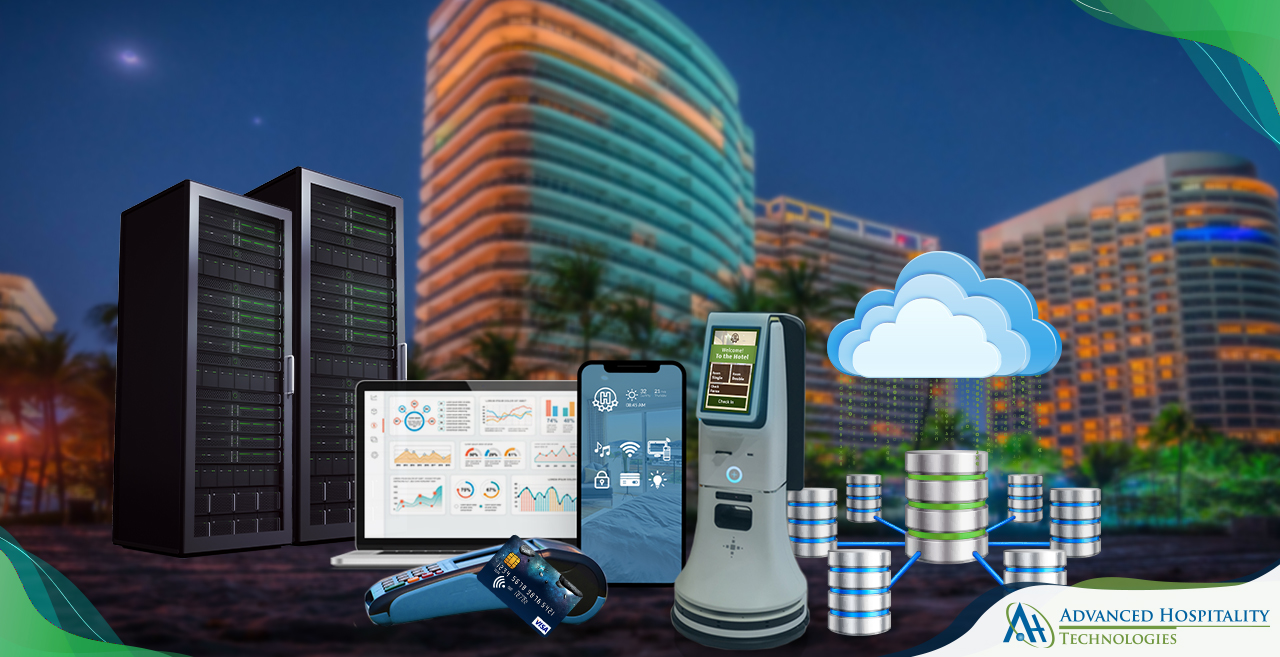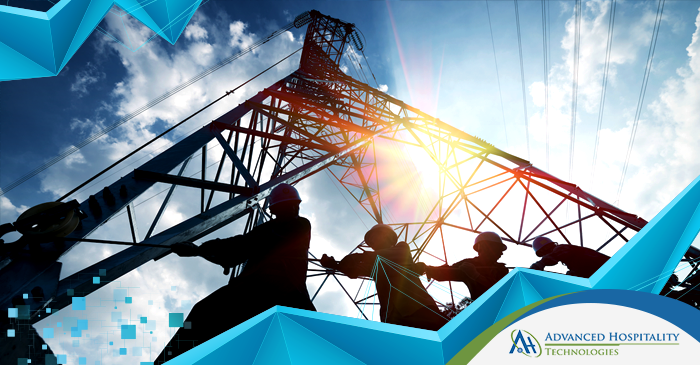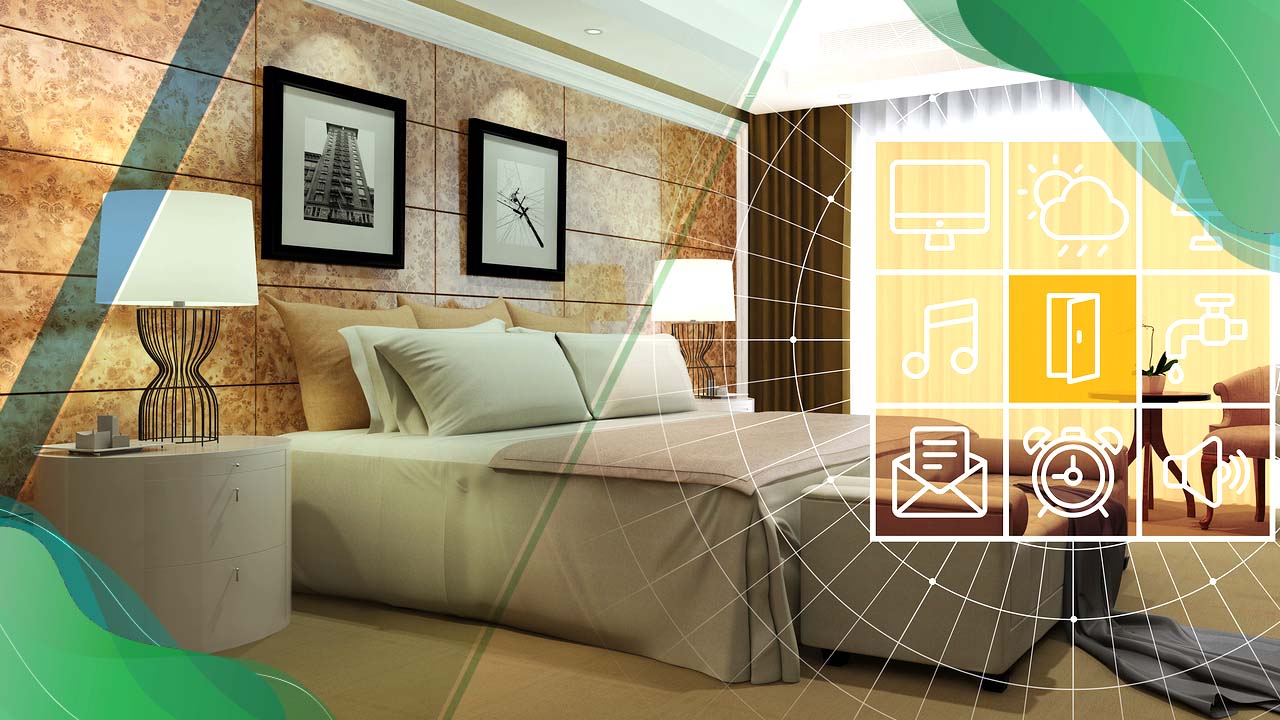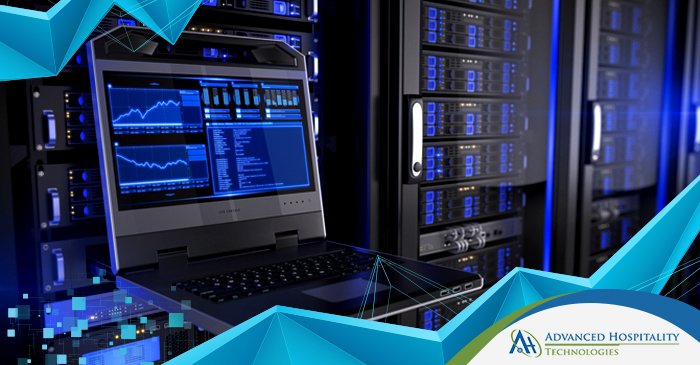Introduction
Technology has become an integral part of the hospitality industry, playing a crucial role in elevating the guest experience and streamlining operations. For new hotels under construction, investing in the right technology infrastructure during the build is essential to create a future-ready property. With the latest innovations in hotel construction, owners can integrate smart tech capabilities into the core design and layout.
When planning a new hotel build or hotel remodeling, technology must be a key consideration across all departments – from guest rooms to back office. By taking a holistic approach, hotels can provide seamless experiences and efficiency gains. From in-room entertainment to mobile check-in, today’s guests expect and demand technological integration at every touchpoint.
This blog post explores some of the essential technology investments for new hotels. We’ll cover key systems and infrastructure to support guest needs as well as smoother operations. With the right tech foundations during initial new hotel construction, hotels can keep pace with innovation and constantly evolving guest expectations.
Guest Room Technology
When it comes to guest room technology, smart TVs and streaming services are essential for new hotels. Installing smart TVs that can connect to the internet and popular streaming apps allows guests to easily access entertainment from leading providers like Netflix, Hulu, Disney+, and more.
Smart TVs with built-in casting abilities also let guests mirror content from their mobile devices onto the larger screen. This allows them to stream shows or movies from their own apps and subscriptions. Some smart TVs even have voice controls through assistants like Alexa or Google Assistant, allowing for hands-free navigation.
Offering this level of convenience and entertainment through in-room technology helps create a better guest experience. It caters to those who want to relax and enjoy streaming media during their stay, which is especially important for longer visits. The latest smart TV models provide crisp 4K resolution for an immersive viewing experience as well.
When developing a new hotel, investing in smart TVs for every room is highly recommended. With smart TVs in place, guests will have effortless entertainment options at their fingertips.
Internet Connectivity
Reliable and high-speed internet connectivity is one of the most important technology considerations for new hotels. Guests expect fast and stable WiFi in their rooms, public areas, and meeting spaces. For a new build hotel, it’s critical to invest in a robust wireless network infrastructure during construction.
High-speed Wi-Fi is a must-have amenity. At minimum, hotels should deploy enterprise-grade Wi-Fi 6 access points throughout the property to provide bandwidth up to 1 Gbps. Access points should be installed in every guest room as well as public areas like the lobby, pool, restaurants, business center, and more. The network should be sized appropriately to support peak concurrent users without slowing down.
In addition to Wi-Fi, hotels should also install wired network connections in each guest room. While Wi-Fi meets most guests’ needs, some may prefer the faster speeds and reliability of a physical Ethernet connection for business purposes. Wired network ports enable guests to connect laptops and other devices directly to the network. For flexibility, it’s recommended to install two wired ports per room.
Robust Wi-Fi and wired connectivity provides the foundation for all other hotel technology systems. Investing in a high-performance network ensures fast speeds for guests and also supports emerging technologies like IP phones, mobile apps, casting, IoT devices, and more. Reliable connectivity leads directly to higher guest satisfaction.
Mobile Apps
Mobile apps have become an essential technology for hotels to provide to guests. Apps allow guests to access hotel services and information right from their phone or tablet, enhancing convenience and the guest experience. For new hotels, having a well-designed mobile app is a must.
The mobile app should allow for easy check-in and check-out, eliminating long lines at the front desk. Guests can input their information and room preferences ahead of time and go straight to their room upon arrival. The app can also send alerts when the room is ready.
For room service, the mobile app makes ordering food and beverages quick and simple. Guests can browse menus, order, and pay all through the app. Real-time updates can show estimated delivery times and order status.
The app can also provide concierge recommendations and information about hotel amenities and local attractions. Guests can book spa appointments, reserve a table at the hotel restaurant, order transportation, and more. Onsite chat features allow guests to get immediate assistance from the concierge team.
By providing an intuitive and useful mobile app, hotels create convenience, improve the guest experience, and provide service in the palm of the guest’s hand.
Energy Management
Energy management is a crucial consideration for new hotel builds. With rising energy costs, it’s important to implement solutions that optimize efficiency. Two key technologies to consider are smart thermostats and motion sensors.
Smart thermostats allow for precision control over the temperature in guest rooms and common areas. These thermostats auto-adjust based on occupancy, so energy isn’t wasted heating or cooling vacant spaces. Occupancy sensors and integration with property management systems ensures the thermostat automatically sets back temperatures when guests leave the room.
Motion sensors also help cut down on energy waste. Installing motion sensors to control lighting ensures lights aren’t left on in unoccupied spaces. Sensors can be installed in corridors, conference rooms, restrooms and back-of-house areas. Integrating lighting controls with a property management system enables automatic on/off scheduling as well.
By installing smart thermostats and motion sensors, hotels can realize significant energy savings. This supports sustainability initiatives and results in lower utility bills which is critical for optimizing profitability.
Access Control
Access control systems are crucial for hotel security and convenience. Keyless entry using keycards, smartphones, or biometrics makes it easy for guests to enter their rooms without carrying keys. Mobile access allows guests to use their phones as digital room keys for a seamless check-in experience.
Keyless entry options like keycard locks provide an extra layer of security since keycards can be deactivated if lost or stolen. Keycards also allow hotel staff to track and monitor room access. Upgrading to RFID keycards enables contactless entry.
Integrating mobile access with hotel apps gives guests control over their room access from their phones. Mobile keys in apps can be remotely assigned, activated, and deactivated. Guests can unlock doors, elevators, garages, and other access points by scanning their phones. Mobile access works with iOS and Android phones.
Biometric access control like fingerprint or facial recognition offers high security and convenience for hotel guests. Biometrics verifies identity for seamless access. Combining biometrics with keycards and mobile access provides multi-factor authentication for maximum security.
Choosing the right access control system is crucial for managing guest access while prioritizing security. Keyless entry options provide flexibility for guests while giving hotel staff control over access permissions. Mobile access, biometrics, and RFID keycards future-proof access control systems.
Back Office Systems
Back office systems are crucial for running hotel operations efficiently. These systems help manage reservations, guest data, and financials.
Property Management System (PMS)
A property management system (PMS) is the central hub for managing reservations, rates, room inventory, guest profiles, and other front office tasks. When selecting a PMS, hoteliers should ensure it integrates with other systems and has robust reporting features. Cloud-based PMS systems offer anywhere access and automatic updates.
Point of Sale (POS) System
A point of sale (POS) system tracks transactions from restaurants, bars, gift shops, and other outlets. It should seamlessly integrate with the PMS for charging room expenses. Key features include inventory management, dynamic pricing, reporting, and the ability to accept mobile payments. Choosing a POS with an open API allows integration with third-party apps.
Accounting Software
Accounting software records financial transactions, generates reports, and handles payroll. It should integrate with the PMS and POS systems to transfer data and eliminate duplicate data entry. Cloud-based accounting platforms allow remote access and automation of tasks like accounts payable and receivable. When evaluating options, ensure the accounting system meets the unique needs of the hospitality industry.
The right back-office technology stack enables hotels to operate efficiently, access guest data, and get reporting insights to make better decisions. Cloud-based systems provide anywhere access, regular updates, and scalability. With the foundations of PMS, POS, and accounting in place, hotels can focus on delivering great guest experiences.
Security
Security is a major concern for new hotels, and leveraging the latest technology is key to keeping guests and staff safe. Two essential technologies for hotel security are surveillance cameras and biometrics.
Surveillance Cameras
Installing high-quality surveillance cameras throughout the property allows staff to monitor activities and respond quickly to any incidents. Position cameras strategically in public areas like the lobby, hallways, pool, and parking lot. Ensure the system has capabilities like motion sensors, night vision, and remote access via mobile devices. High-definition cameras provide sharp image quality for identifying people and tracking their movements.
Biometrics
Biometric technology like fingerprint and facial recognition takes hotel security to the next level. Biometrics can be used for staff access control to restricted areas, logging hours worked, and preventing buddy punching. For guests, biometric room locks provide added security, convenience, and personalized service. As biometrics continue to advance with AI integration, hotels can leverage features like recognizing blacklisted guests and sending alerts when VIPs arrive.
Conclusion
Staying up-to-date with the latest hotel technology is crucial for new hotel builds and remodels. By implementing the right tech infrastructure during the construction phase, hoteliers can provide an exceptional guest experience and efficient operations.
Key technology considerations include:
– High-speed internet and robust Wi-Fi throughout the property
– Mobile apps and digital keys for a seamless check-in process
– Energy management systems to track and reduce energy consumption
– Advanced access control for secure and customizable room access
– Updated back office systems for streamlined operations
– State-of-the-art security including CCTV and door locks
The right technology foundation will allow your hotel to meet guest expectations, maximize revenue opportunities, and keep up with competitors. Partnering with experienced vendors and consultants is advised to fully integrate systems and train staff. Though implementing new technology requires an upfront investment, the long-term benefits of improved guest satisfaction and operational efficiency make it well worth the cost. With technology rapidly evolving in the hotel industry, ensuring your new property has the essential tech components will set you up for success.

Kazim Raza Ahmed is Research Analyst and Content Strategist at Advanced Hospitality Technologies, A pioneering IT Solutions partner in the hospitality industry. Being a content creator Kazim is dedicated to publishing material keeping pace with the rapid technological developments in the hospitality industry.




